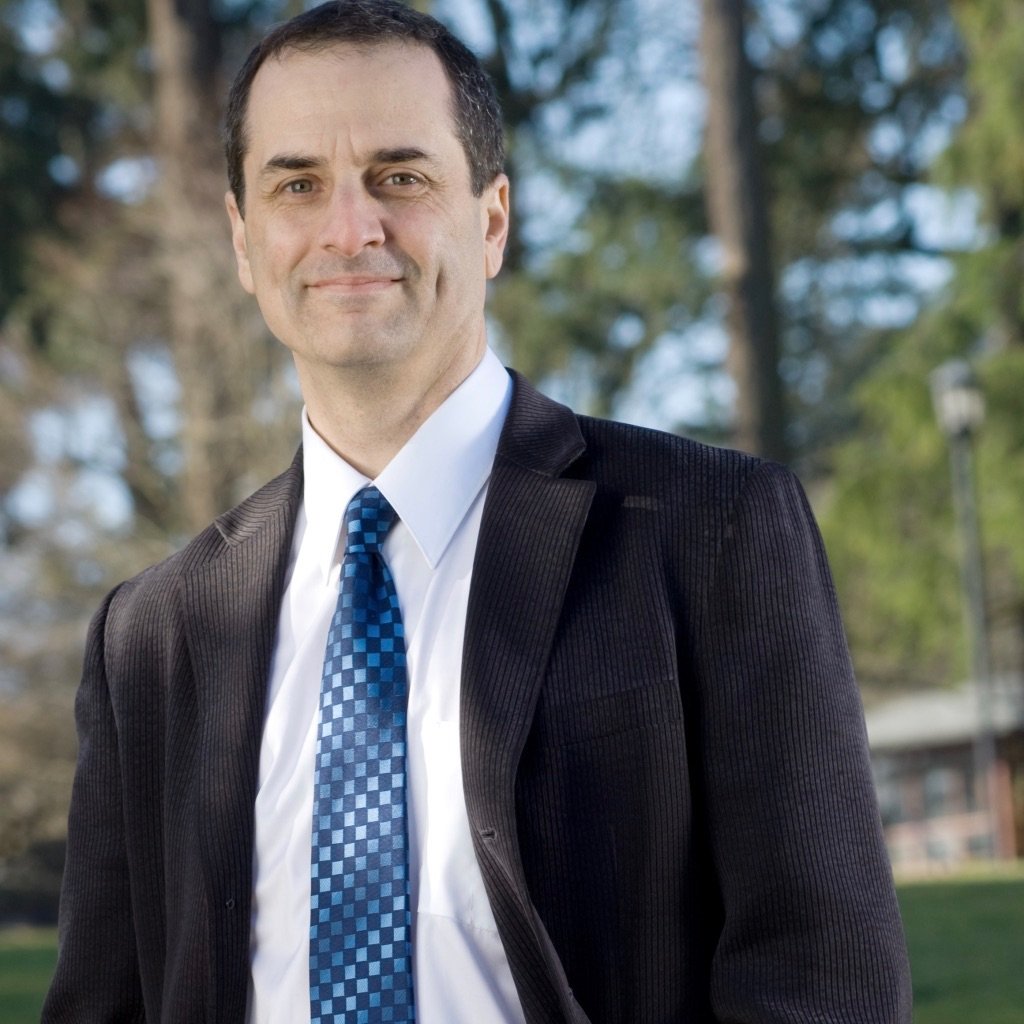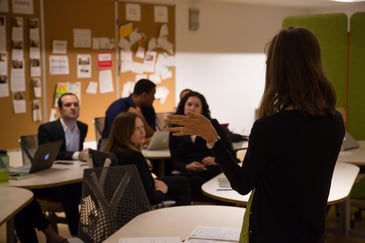Global Climate Education Project Launches April 6

While the world has been busy dealing with the global pandemic, the planet kept getting hotter. The year 2020 tied for the hottest that humans have ever experienced. And it is likely that 2020 will be one of the coolest years in the next 100, unless we change course quickly. Headed into Earth Month, a project led by a global group of educators is supporting teachers around the world to focus on solutions to climate change. What can be achieved in 2021 to help solve climate while also supporting struggling communities recovering from COVID-19?
Beginning April 6, universities in almost all 50 states, DC, Puerto Rico and at 125 locations across the world will host public webinars on the topic of Green Recovery, Climate Solutions and a Just Transition. From Australia to Alabama, Kyrgyzstan to Kentucky, Colombia to Colorado, and Malaysia to Minnesota, audiences, will hear from local climate experts about concrete steps that can really move the needle on climate change, while creating much-needed jobs and income. Members of the public can locate their state or regional webinars and register here.
The global project, called Solve Climate By 2030, is being led by professors and university staff across the world. It was spearheaded by a team based at the Center for Environmental Policy at Bard College in New York.
"We have ten years to solve climate. We can get a lot done in this decade— we have the solutions,” said Dr. Eban Goodstein, economist and Director of the Bard Center. “To do this, we have to focus the world on the critical need for climate action and a just transition.”
Many of the university webinars are providing a voice for young leaders. The University of the Andes in Colombia put out a call for youth-led climate actions to feature in the discussion. Over twenty groups responded with their projects. In Malaysia, the dialog will feature Benjamin Ong, a recent student climate leader at the University of Malaysia, and in Maine, Ania Wright, the youth representative to the Maine Climate Council. In Taiwan, at the National Sun Yat-Sen University, a young activist composed a Solve Climate theme song to support the project. And since early February, over 150 young people from around the world have been participating in a massive online internship focused on Social Media for Climate Activism in support of the project.
Masha Zabara, the former Bard student leading the social media effort, notes that across the planet there are hundreds of thousands of climate-concerned teachers at the college, university and high school level who would like to talk with their students about this urgent issue. “The Solve Climate webinars are a great way to kick off Earth Month,” she said. “Teachers can assign their university-hosted webinar as homework— either live or recorded—and then engage students in this critical dialog.”
The Bard project has created one-page Teachers Guides to help lead a one-class period discussion about climate change, for over two dozen different disciplines. After assigning this overview of climate solutions as homework, artists can talk with their students about effective climate imagery; literature professors can talk about Climate Fiction; psychology teachers can teach about climate anxiety and denial, and business professors can discuss how companies can help drive climate solutions. The Guides are also available in Spanish and French.
Dora Almassy, a recent graduate of the Central European University in Austria is helping organize Solve Climate events in Europe. “This is our common future”, said Dora. “We have a decade to get this right, and we need to be talking about climate solutions all over the world, now”.
The Solve Climate By 2030 project is supported by a grant from the Open Society University Network.




